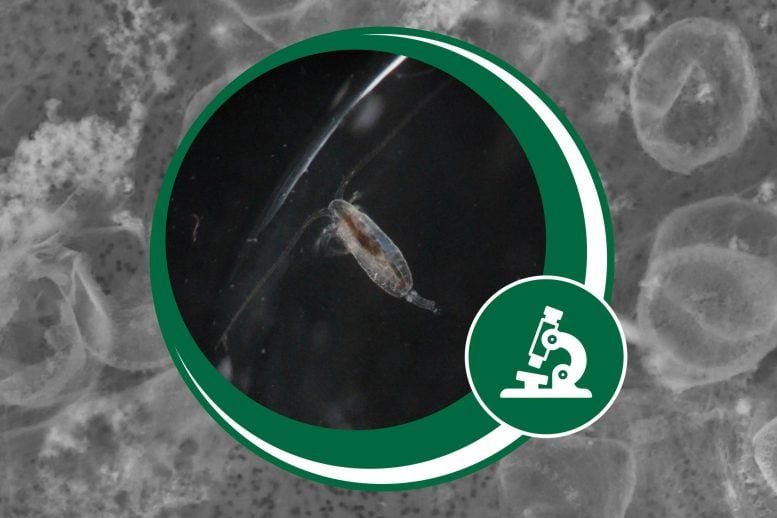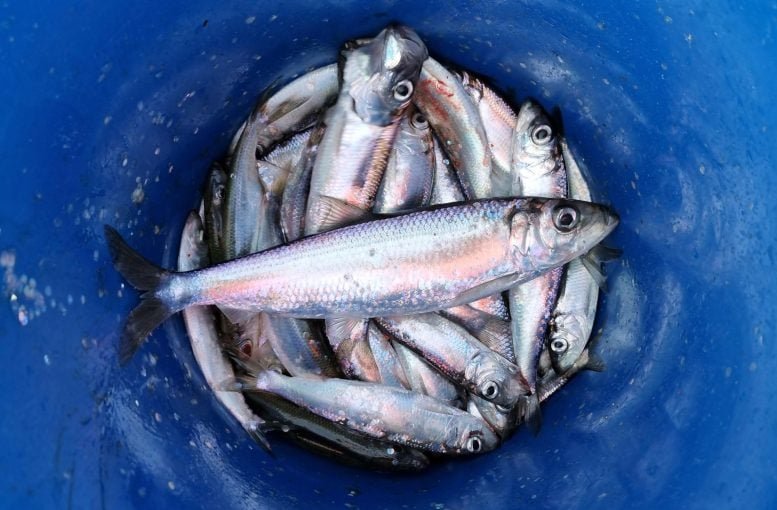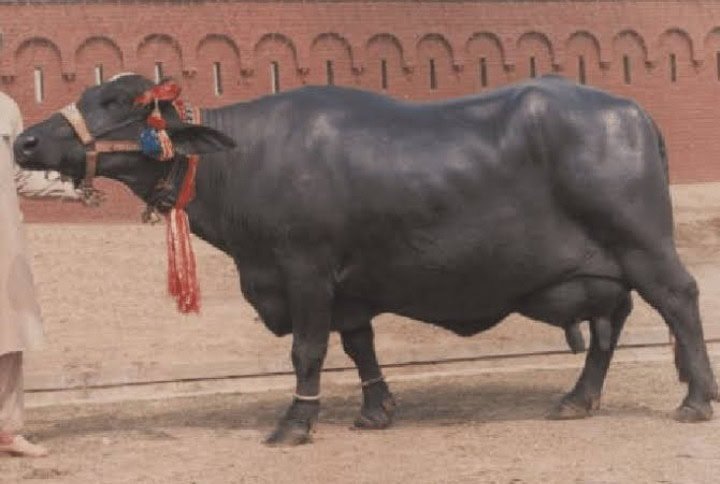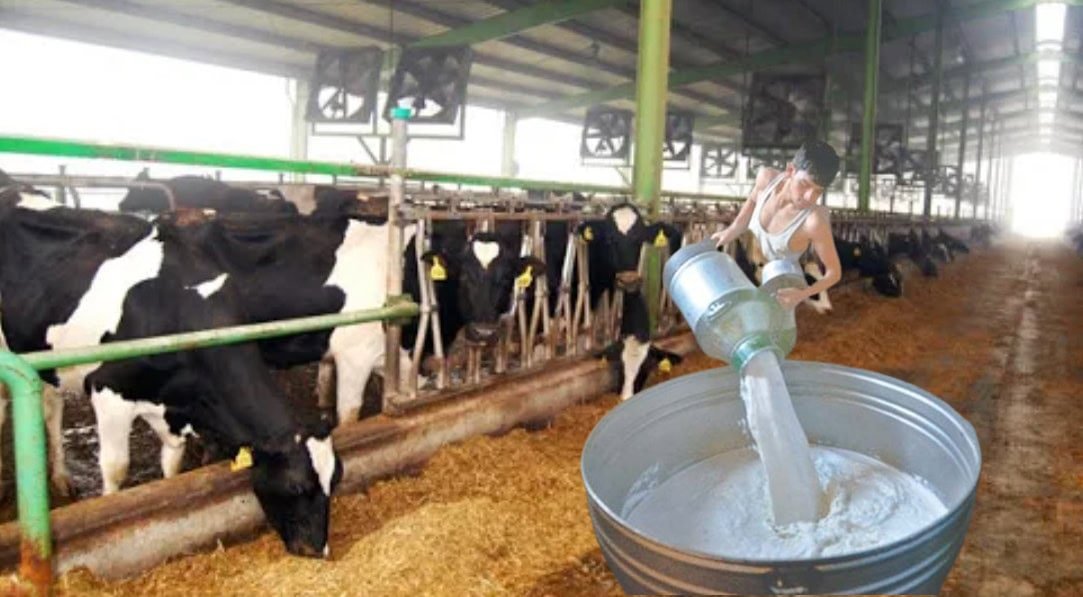
 Utilizing zooplankton’s feeding habits, researchers aim to boost oceanic carbon sequestration by introducing clay particles to their diet, significantly speeding up the biological carbon pump. A study led by Dartmouth introduces a new method for recruiting trillions of microscopic sea creatures known as zooplankton to combat climate change. The approach involves converting carbon into food […]
Utilizing zooplankton’s feeding habits, researchers aim to boost oceanic carbon sequestration by introducing clay particles to their diet, significantly speeding up the biological carbon pump. A study led by Dartmouth introduces a new method for recruiting trillions of microscopic sea creatures known as zooplankton to combat climate change. The approach involves converting carbon into food […]
Source link






